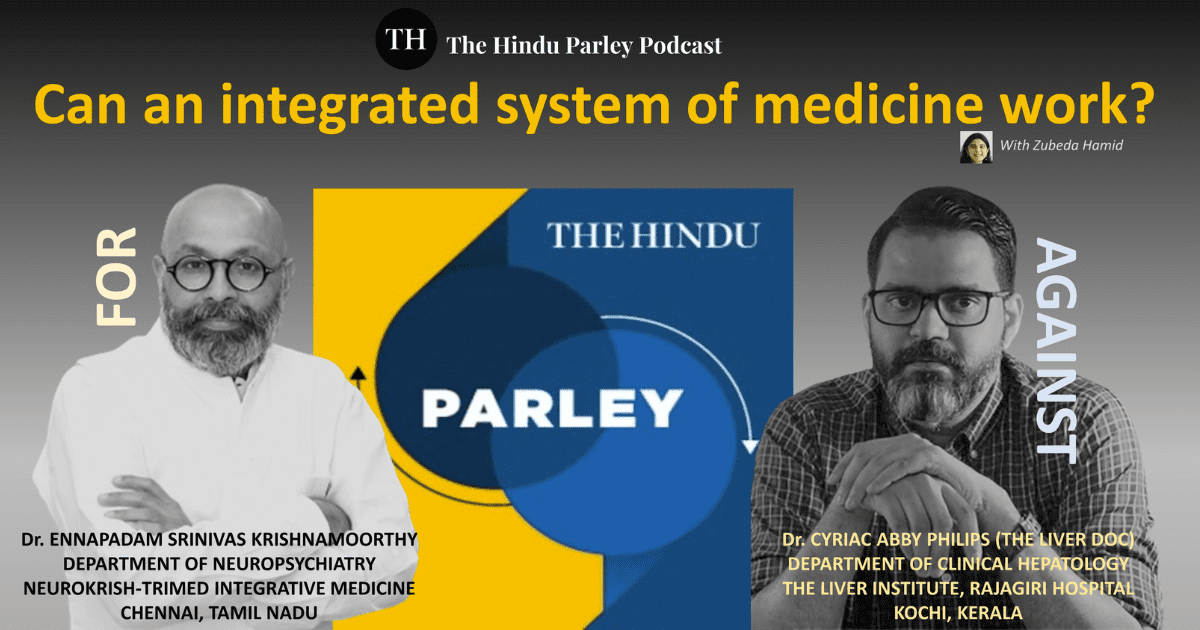Taking care of your child’s overall health involves making sure their physical, mental, emotional, environmental and social needs are met. Usually parents hope to find the best school they can afford, the best tuitions & after-school activities, nurturing friend/social groups, and positive influences on their children’s lives. However, in our society, we often neglect taking care of our children’s mental health needs. Good mental health can be the difference between a child succeeding and being happy, while learning and acclimatizing faster than those children with poor mental health.
How do mental health problems affect children?
Mental health problems can affect the way a child thinks, how they cope with difficult situations, their moods & emotions and their ability to form or want social connections. Mental health problems in childhood can delay & disrupt a child’s normal life – causing behavioral problems, a lack of social skills, emotional stunting, cycles of negative feelings, anxiety about their place in the world, and much more. These problems can distress, antagonize and isolate children; these children have a much harder time coping with reality than children with good mental health.
Much like physical health, your child’s mental health will change over a period of time, which makes it important to keep a track of. It is important to be able to sit down with your child, and help them build habits that will contribute towards a healthy mental health balance. Some habits such as a regulated sleep cycle, brushing teeth twice a day, eating nutritious & healthy food, exercising regularly, and socializing with other people regularly, can help children learn lifelong lessons in how to maintain a healthy mental health balance.
However, something to note is that mental health problems can be quite common during childhood. By learning how to spot the problem early on, you can ensure that your child gets help sooner rather than later, because the faster you address these problems, the faster you can work together to find solutions.

How do you identify problems in children?
It can be tricky to distinguish between regular hormonal changes, growing pains and emotional fluctuations from a full-blown mental health problem. This is why it’s important to seek the help of a professional when you cannot pinpoint the exact problem. However, here are a few things you can do with your child to help them identify if they have a mental health problem.
- Sit down with your child and talk to them about their problems. Ask them questions about their feelings, their thoughts, their worries & anxieties, and so on. Pay close attention to what they say, take notes and watch out for any warning signals they may be giving off verbally and non-verbally.
- Listen, listen, listen! Make sure you listen to your child, instead of talking over them. Sometimes, we have the tendency to come up with preconceived ideas about how our child feels. It is important to put these notions aside and instead just process what they say to you. Even though you might have ideas and input, see what your child feels comfortable with – you might find all they want is a shoulder to cry or, or someone to commiserate with them.
- Take regular notes about your child’s feelings and emotions. Has your child been feeling extra moody or withdrawn for more than 2 weeks? Have you notices severe mood swings or big changes in behavior? This may mean your child is experiencing a mental health problem. Look into other aspects of their life like:
- Do they regularly have problems making friendships or creating relationships with other people?
- Do sudden feelings of worry, fear, or anxiety overwhelm them in situations that shouldn’t?
- Are they unusually irritable or explosively angry?
- Do you notice sleep issues or food related issues?
- Are they experiencing weight fluctuations or sudden illnesses (stomach aches/headaches/nausea) without cause?
- Are they isolating from other people, forming bonds with unhealthy elements or avoiding school/activities?
- Are they using drugs or alcohol?
- Do they talk or joke about death or talk about hurting themselves/wanting to die?
- Have they stopped doing things they once enjoyed?
- Are they spending an unhealthy amount of time on social media or digital devices?
Answering these questions could give you a more thorough insight into your child’s life, and can help you make notes that you can share with a professional therapist.
What can you (and your family) do to encourage healthy mental health habits?
- Encourage, validate and accept. Encourage your child to share their feelings & learn more about their emotions. Validate their feelings & emotions, by agreeing with them instead of arguing – tell them that you hear them, and you understand them. Accept their emotions, thoughts, feelings and ideas, and reward them for being honest with you.
- Come up with coping solutions together. Make your child an important part of the solution process. Make sure that they know this – by feeling like their voice is being heard, they may open up to new ideas that you may bring up to them as well. Every child is different, and children may have to find different ways to cope that works for them.
- Enforce healthy habits in your household. Children learn from the adults around them, if you have unhealthy habits they are sure to pick up on them, so try to set healthy habits for your entire family to follow. This can be something as simple as planning healthy meals for everyone at home, and can be as complex as developing healthy ways to deal with frustration. If someone at home uses curse words or violence to deal with unfavorable situations, you can be sure your child will learn to do this as well.
- Build strong and positive relationships between your children and other members of your family. Make sure that your children learn from other role models around the family. Monitor these interactions and make sure you keep your children away from traumatic interactions.
- Establish regular/weekly family time activities. You can set aside a particular amount of time per week to allow for activities like game nights, educational trips, beach days, and more. Ask your child what they would like to do, and make them a part of the decision process so that they feel validated.
- Reduce stress, conflict and negative emotions around the house. Teach your family healthy coping mechanisms to use at home around children. Instead of shouting, hurling abuses, or resorting to violence, you can all sit down and talk together. Your child should feel safe and at ease within their environment, and this is a good way to express it to the rest of your family.
- Limit time with screens, and spend quality time out in nature. Social media and digital media can have an adverse affect on your child’s development. Restrict their use of digital devices, monitor how they spend their time online, and provide them with fun & healthy alternatives. You can take the whole family or just your child on outdoor adventures once a week; maybe even encourage them to learn how to enjoy being in nature.


The most important thing to remember is that it’s okay to ask for professional help, whether your child needs it or someone else in your family. Don’t shame or blame anyone for seeking help, be there for him or her instead, and offer whatever help you can! If you need to consult a psychologist or psychiatrist, please don’t wait; get the process started at the earliest!






